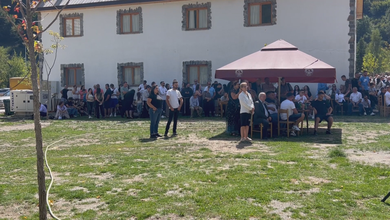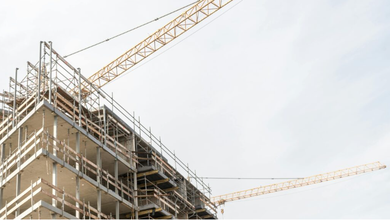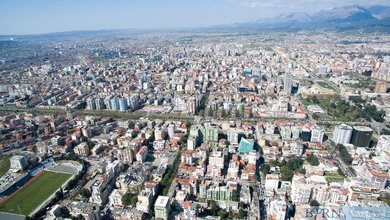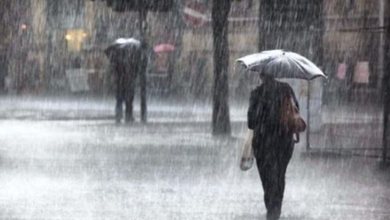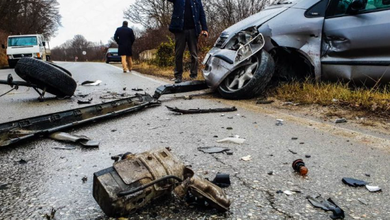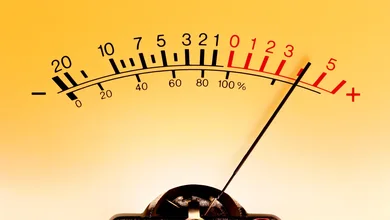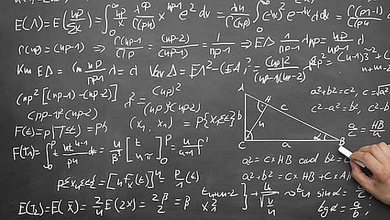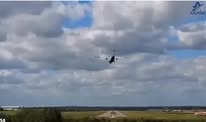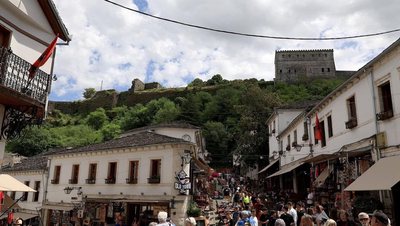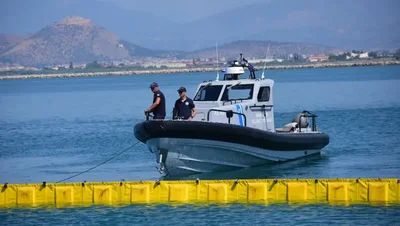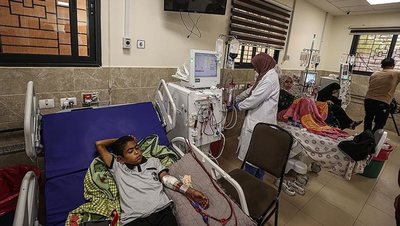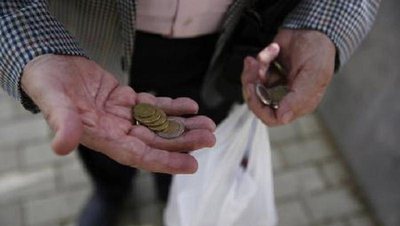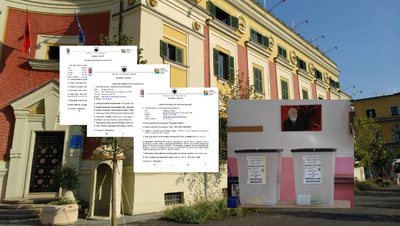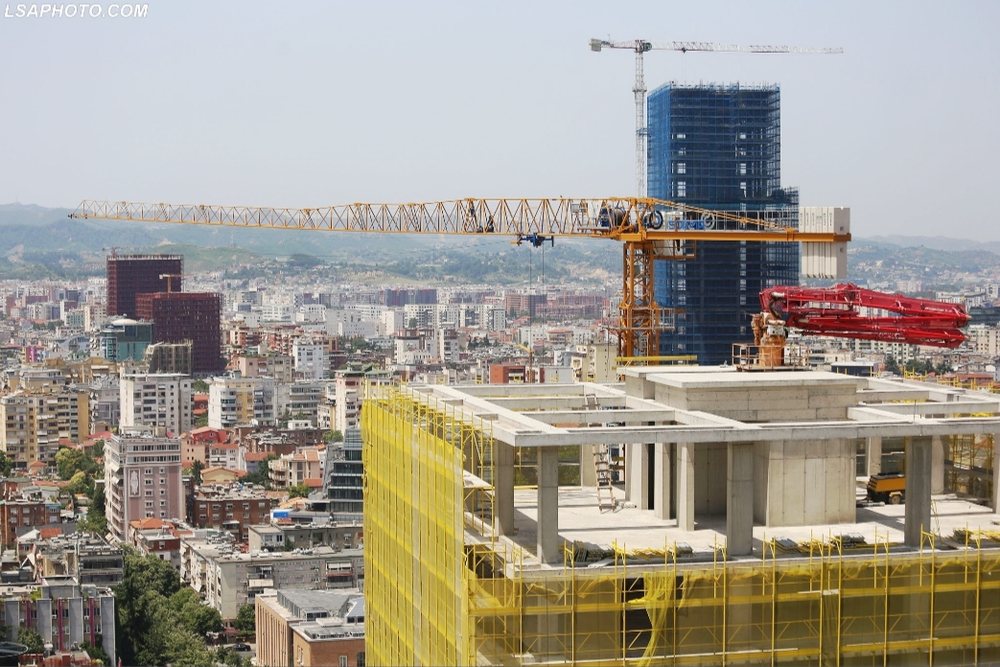
Building permits issued by municipalities in Albania fell by 67% in the second quarter of this year, a period that coincides with the arrest of Tirana Mayor Erion Veliaj, while the construction sector is under the fever of "reevaluation" and expectations for the bubble to burst.
Construction sector activity, measured by the amount of square meters authorized in new permits issued by municipalities, suffered a dramatic decline in the second quarter of this year, coinciding with the arrest of the mayor of Tirana, Erion Veliaj, the city where the construction sector accounts for the vast majority of activity.
Data published by the Institute of Statistics shows that municipalities across the country issued building permits for 278,000 square meters in the April-June period, a 67% drop compared to the same period last year. This is also the lowest figure recorded since the 2015-2018 building permit freeze by the Rama government. The decline is most pronounced, at 83%, in the residential construction category.
Tirana Mayor Erion Veliaj was arrested on February 10 by the Special Prosecution Office on suspicion of corruption and money laundering. Veliaj denies the charges and claims he is being persecuted by prosecutors.
In the first quarter of this year, the decline in building permits by area was only 6%, while in the second quarter, it deepened to 67%.
The Institute of Statistics has not published the table for construction permits issued by region for the last two quarters, which has been common practice until the publication for the fourth quarter of last year, but typically, Tirana Region has had 70 to 80% of all permits issued in the country in recent years.
On May 13, the Council of Ministers decided to transfer to the National Council for Territory and Water, an institution headed by Rama, the exclusive right to issue construction permits for the entire coastal zone for all types of buildings as well as for the rest of the country, in cases where the buildings are above six floors. The decision, criticized as another violation of the principle of local autonomy and another concentration of power in the hands of the prime minister, is not reflected in the statistics published by INSTAT.
According to INSTAT, “other institutions” have not reported the data. The website of the National Council for Territory and Water has not published data on approved construction permits except for some beach stations.
The lack of complaints from the construction sector about the much fewer permits issued in the last quarter seems to suggest that there is currently no high demand for new projects from them, while many projects launched years ago seem to be moving along slowly.
Construction bottleneck?
Construction areas authorized through new municipal permits for the years 2021-2025.
The construction sector has boomed in recent years, with many buildings being built and prices rising at a dizzying rate as the country's population has shrunk. The construction boom began after a three-year freeze on permits by the Rama government, which claimed the freeze was necessary to prepare new urban plans, and was fueled by the spending of over 1 billion euros of domestic and foreign taxpayers on the reconstruction process following the 2019 earthquake.
After 2020, construction supplied a significant part of the country's economic growth, while other sectors such as industry or agriculture suffered declines. The combination of the construction boom with the decline in population and the rapid increase in prices raised suspicions that the boom is being financed by dirty money from the criminal activities of Albanian citizens in other European countries, mainly in drug trafficking.
According to INSTAT data, construction permits issued during the period 2021-2024 require an investment of 408 billion lek or about 4 billion euros, calculated from the amount of square meters planned for construction and the usual construction cost.
According to data calculated by the Bank of Albania, property prices have increased by around 140% between 2019 and 2024.
The construction market is currently in a slump due to expectations raised since last year by a government proposal for a fiscal bonus on capital gains. The usual taxation in Albania is 15% on profits made from the sale of a property at a higher price than you bought it for, while for a nine-month period from January 2026, people interested in selling will have the opportunity to go through a process known as “revaluation” under which they will be able to pay 5%.
This process has been successfully implemented several times in the past for the government's coffers, but the new process is expected to remain to be seen because, in addition to the decision to temporarily reduce the tax, the government has made another decision based on which the minimum reference prices at which a property can be legally sold have been increased. In other words, a citizen who in the past has carried out a revaluation process in order to avoid tax, if he wants to sell the property will have to carry out a new revaluation process and pay again from scratch.
Approximate investment value according to permits issued by municipalities.
BIRN


